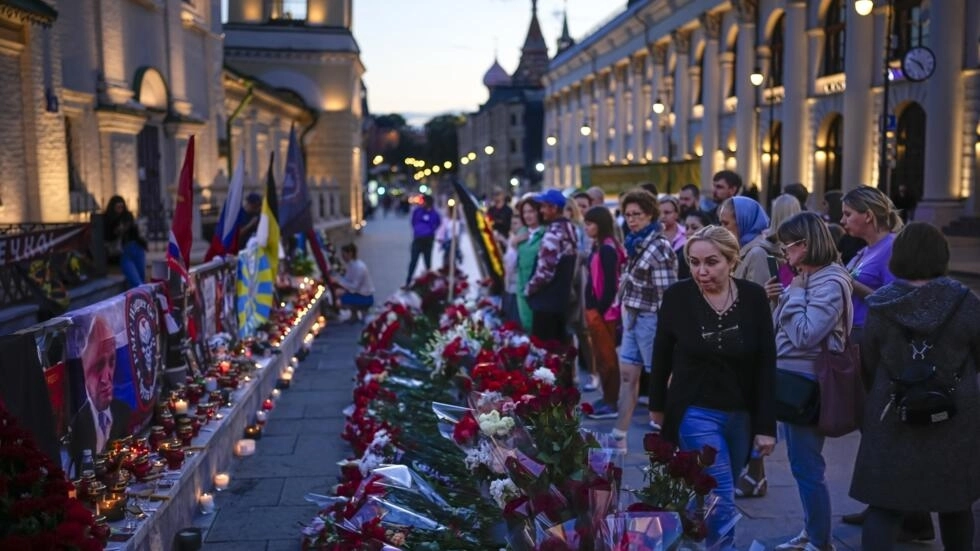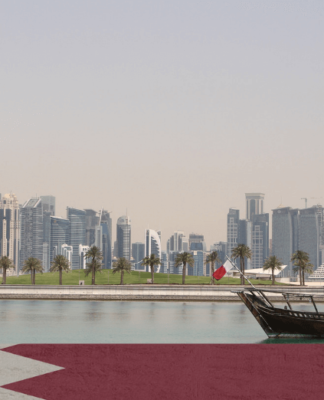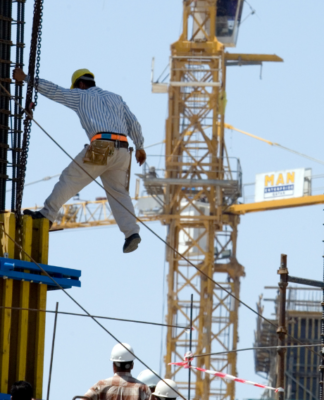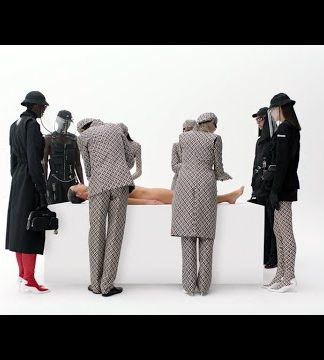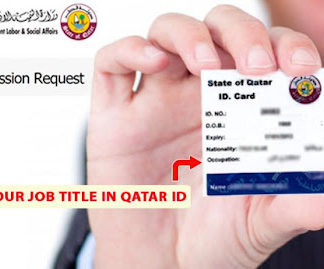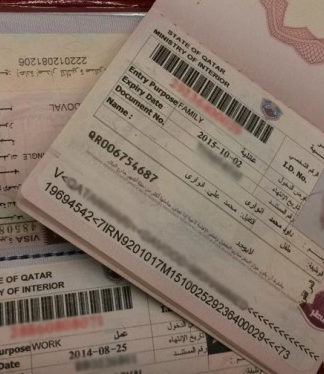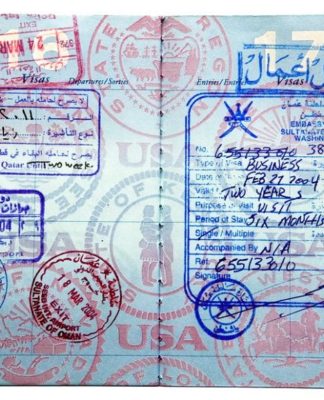Back to homepage / Europe
INTERVIEW
Wagner group’s future hanging in the balance after Prigozhin’s death
Wagner military chief Yevgeny Prigozhin was officially confirmed dead by Russian authorities on Sunday. The fate of his mercenary group – and its operations in Africa and the Middle East – now hangs in the balance. FRANCE 24 spoke to Anastasiya Shapochkina, a political analyst and researcher with a focus on Russian domestic policy, about possible scenarios for the private army’s future.
Issued on: 28/08/2023 – 21:42
5 min
People stand next to an informal street memorial near the Kremlin in Moscow, Russia on August 27, 2023 for members of the Wagner Group killed in a plane crash on August 23.
People stand next to an informal street memorial near the Kremlin in Moscow, Russia on August 27, 2023 for members of the Wagner Group killed in a plane crash on August 23. © Alexander Zemlianichenko, AP
By:
Sonya CIESNIK
Wagner military chief Yevgeny Prigozhin was officially confirmed dead on Sunday. Forensic testing on the 10 bodies recovered from the site of the plane crash on August 23 “conform to the manifest” for the flight, Russian officials said.
The plane crash came exactly two months after Prigozhin staged a day-long mutiny against Russia’s military, leading his fighters from Ukraine towards Moscow. President Vladimir Putin had slammed the advance as “treason” and vowed punishment for those involved.
Dmitry Utkin, a Russian army officer believed to be Prigozhin’s right-hand man, was among those killed in the crash. Utkin had run the mercenary group’s operations since it was founded in 2014 and was responsible for overall command and combat training.
Valery Chekalov, who played a key role in the group’s finances, was also killed in the crash.
In the wake of Prigozhin and two of his top lieutenant’s deaths, questions are now being raised about the Wagner group’s future, and its extensive operations in Africa and the Middle East.
Wagner funds its war chest by exploiting natural resources in the countries where it operates. Gold trafficked illegally in Sudan finds its way directly into Russian state coffers.
Wagner group mercenaries have also fought in some of the Ukrainian conflict’s bloodiest battles, notably spearheading the capture of the eastern city of Bakhmut. Thousands of Wagner fighters are currently stationed in Belarus, where they relocated after Prigozhin’s failed rebellion against Moscow.
FRANCE 24 spoke to Anastasiya Shapochkina, President and founder of the Eastern Circles thinktank and lecturer on EU-Russia in Sciences Po Paris, about possible scenarios for the private army’s future.
FRANCE 24: Why are the Wagner Group’s activities important for Russia and what do you think lies ahead for the group after Prigozhin’s death?
Anastasiya Shapochkina: There are several possible scenarios. Wagner is a money-making machine which exploits gold and resources from Africa in exchange for assuring the security of African leaders. This business is important for Russia.
One of two things can happen: either the Wagner brand will be changed and it will keep the same functions, with attempts to integrate them into the Russian army, or the brand will be preserved in order to continue recruitment and change the leaders.
To devalue the Wagner brand, the Kremlin would bring down the rest of its leaders and send out the message that everybody who is not a leader can go home to their families. The activities of Wagner would be merged with other activities. It would lose its resources and become a shell company. This is the most likely scenario.
Before the events of June, we thought Prigozhin and Utkine were totally controlled by the regime, and the regime thought the same. A third scenario, the least likely one, is for Wagner to continue as a group with a new leader and it will eventually regain value. This scenario is unlikely because the Russian elite has understood the danger of mercenaries accumulating too much power and influence.
FRANCE 24: How is the turmoil around Wagner going to affect the situation in Ukraine?
Anastasiya Shapochkina: Other than holding Bakhmut, Prigozhin cannot claim any huge military success in Ukraine. The Russian army management is intact, with the highest commanders still in place. [General Sergei] Surovikin, [a former commander of Russia’s forces in Ukraine from October 2022 to January 2023 who was fired the day Prigozhin’s aircraft crashed] had been removed, but the two highest commanders – Minister of Defence Sergei Shoigu and Chief of the General Staff Valery Gerasimov – have been maintained in their positions.
We can expect a worsening performance from the Russian army in Ukraine whatever the future holds in store for Wagner.
The credit Prigozhin gave to Wagner is over exaggerated. Wagner has not been effective in Ukraine and they have not been original in their military strategy besides proposing the sacrifice of prisoners. To me, turbulence within Wagner won’t change the course of the war. The Russian army is bogged down in this conflict and nothing can change that.
FRANCE 24: What kind of prospects does Russia have for playing a role in various African theatres following Prigozhin’s death, and will the operations continue to be as lucrative as in the past?
Anastasiya Shapochkina: Like any other company, Wagner can withstand a blow to its leadership. The CEO does not matter, he can be replaced. There are many other people on the ground ensuring the personal security of African leaders and securing resources. All of this is already happening through other private military companies (PMCs). The African cash flow will be assured in the long term.
FRANCE 24: Russia has been calling on other PMCs to achieve its foreign policy goals, especially in Africa. Do you see a paradox in the proliferation of PMCs when the Kremlin has already experienced a significant threat to its hold on power from Prigozhin’s Wagner Group?
Anastasiya Shapochkina: I see it as dissolving Wagner to give birth to another Wagner. PMCs have been born out of this dynamic; the downfall of one does not mean the end of them all. When the Russian state empowers a PMC, tens of thousands of people acquire weapons. This is internally a time bomb for Russia. If you have dozens of PMCs all over Russia, you have local oligarchs, governors, regional leaders (like Kadyrov), who are heavily armed, and this represents a weaponisation of society.
The fact that you have tens of thousands of men with weapons and military experience seals the political fate of Russia, and it is Putin who created the end of the monopolisation of military power in Russia. As soon as you have scores of the political elite who have PMCs, it is impossible to imagine that each of these people would not have a stab at power, making a peaceful transition of power highly unlikely.
FRANCE 24: Two days after Prigozhin’s death, Putin signed a decree forcing paramilitary fighters to swear an oath to the Russian flag. What does this say about the Russian president’s trust in his own security forces?
Anastasiya Shapochkina: This is revelatory of the level of the Russian president’s insecurity. From his point of view, no one in the siloviki (Russian security apparatus) is to be trusted. If the state requires a contract reminding people who they are loyal to, it implies that people are not very loyal at all. Experience has shown that people in the Russian forces are more motivated by money than anything else. In Russia, the word “motherland” is synonymous with the leader. The requirement to sign a contract to ensure loyalty to the motherland is a sign of the insecurity and fear Putin is experiencing, as well as the limited trust he has in his security forces.
Share :














